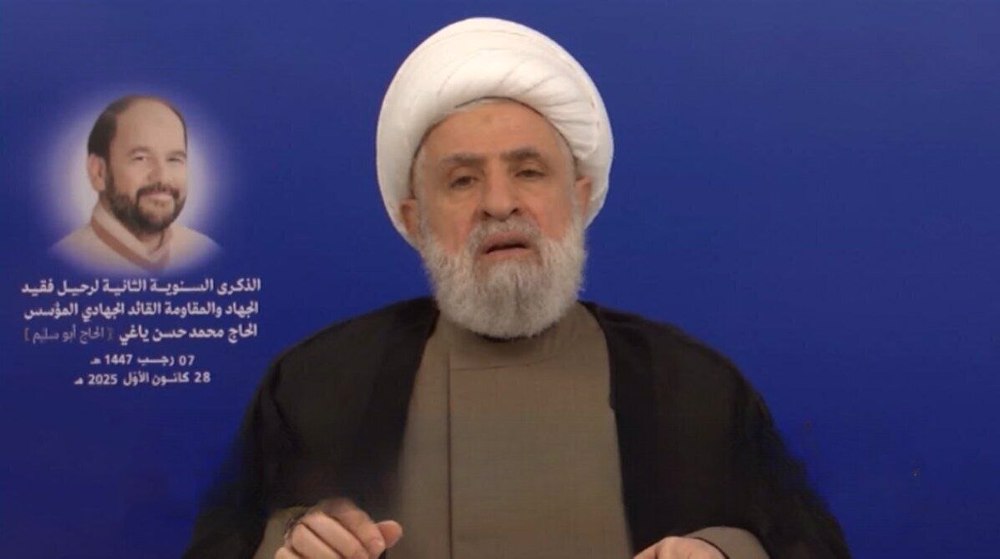Arabsat suspends services to Lebanese al-Mayadeen
Arabsat, the satellite communications operator, has suspended providing services to the Lebanese al-Mayadeen television channel in what is said by the TV’s director to be a move to silence the independent television.
Al-Mayadeen’s website cited the channel’s Director Ghassan bin Jaddou as announcing the news earlier on Friday.
During a press conference later on the day, Jaddou pointed to pressure from certain Arab countries, which, according to him, asked al-Mayadeen not to deal with the Saudi war on Yemen as a humanitarian issue and refrain from covering the Saudi strikes on Yemeni civilian targets.
He also referred to the channel’s coverage of developments regarding the recent tragic crush in Mina, near the Saudi city of Mecca, during Hajj rituals as well as its coverage of news concerning Palestinian resistance as other reasons why pressure was exerted on the channel.

Reports say pressure against al-Mayadeen increased after a guest appearing on a program broadcast by the TV criticized Saudi Arabia’s mismanagement of the Hajj rituals.
He said the move by Arabsat constituted a violation of freedom of speech and the rights of media.
Jaddou said the Lebanese government has been put under pressure to even halt the broadcasting of the channel inside Lebanon.
He said pressure against the Lebanese TV channel existed even before it was officially launched.
The al-Mayadeen TV channel was launched in Lebanon in June 2012, seeking to present an alternative to mainstream Arab satellite media that are funded by oil-rich Arab states in the Persian Gulf.
The channel is headquartered in the Lebanese capital city of Beirut.
‘Al-Mayadeen was having an impact’
Meanwhile, a journalist and activist tells Press TV’s Website that al-Mayadeen has been targeted because of its anti-imperialist stance regarding the ongoing developments in the Middle East.
In an interview with the website on Friday, Sukant Chandan said that the channel “split from Al Jazeera’s capitulation to imperialist policy in the region through the Arab Spring,” adding that the network dismissed “the way Al Jazeera was reporting on Bahrain in a pro-imperialist fashion and similarly… in Libya and Syria.”
The analyst said that the reason why al-Mayadeen was suspended by Arabsat “obviously through pressures from… reactionary regimes in the region” is that it is a “very effective” channel and is “professionally run.”
The fact that the Lebanese channel has been targeted this way is that it is having an impact, he said.
Iran repels massive cyberattack on communications infrastructure
Eslami: Iran’s nuclear industry advances despite sanctions, strikes
VIDEO | Martyr Abu Mahdi warship
Iran’s engineering feat beneath Persian Gulf for gas supply
Israeli military confirms soldier’s death in apparent suicide case
UN chief slams Israel for blocking utilities to UNRWA in Gaza
Israel launches airstrikes, artillery fire across Gaza on first day of 2026
VIDEO | Press TV's news headlines










 This makes it easy to access the Press TV website
This makes it easy to access the Press TV website